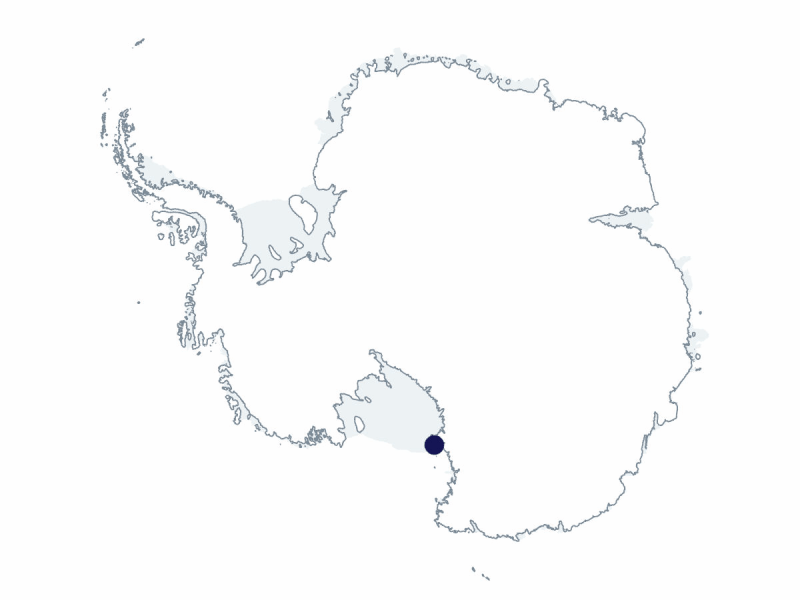2024-2025 USAP Field Season
Project Detail Project TitleCareer: Ecosystem Impacts of Microbial Succession and Production at Antarctic Methane Seeps Summary
Event Number:
Program Director:
ASC POC/Implementer: Principal Investigator(s)
Dr. Andrew Thurber
Project Web Site: Location
Supporting Stations: McMurdo Station DescriptionThis project involves genomic and transcriptomic study of microbial communities developed and still developing after seepage of methane through the seafloor into the ocean, the cold seeps. The first methane seepage in the high Antarctic was discovered in the McMurdo Sound in 2012, and five years later still had an underdeveloped microbial community that was consuming methane. This project will elucidate the microbial community composition in relation to the presence of methane and their function in oxidizing methane in Antarctic coastal waters. The Principal Investigator proposes to answer three scientific questions on microbes associated with methane seeps, in relation to species present and their evolution over time, the metabolic processes they support, and the role they play in providing food for benthic food webs. The sampling needs to occur in the late winter/early spring before high light levels support growth of diatom mats over the benthos. Field Season OverviewIn the 2023-24 season, an active methane seep was discovered at Cape Evans by scientists working with the New Zealand Antarctic Program (ANZ). As this falls under the overall aims of this project and builds upon collaborations between these two programs, the Thurber group will have one person deploy to collect samples, with the aid of U.S. Antarctic Program (USAP) dive support, from this methane seep. ANZ will provide the Cape Evans field camp structures and dive hole. Thurber and a USAP diver will do a series of dives there, but will be based at McMurdo Station, and will overnight at the ANZ camp up to three nights to minimize fuel and drive time between McMurdo Station and Cape Evans. Deploying Team Members
|
2024-2025 Science Planning Summary



For USAP Participants |
For The Public |
For Researchers and EducatorsContact UsU.S. National Science FoundationOffice of Polar Programs Geosciences Directorate Randolph Building 401 Dulany Street Alexandria, VA 22314 Sign up for the NSF Office of Polar Programs newsletter and events. Feedback Form |


